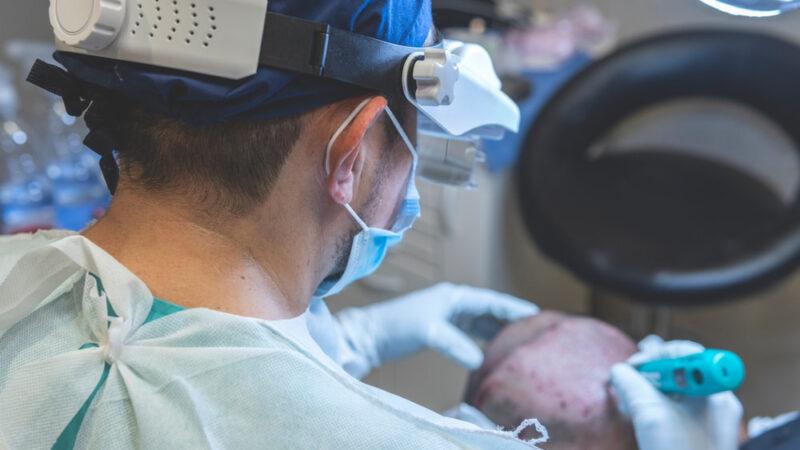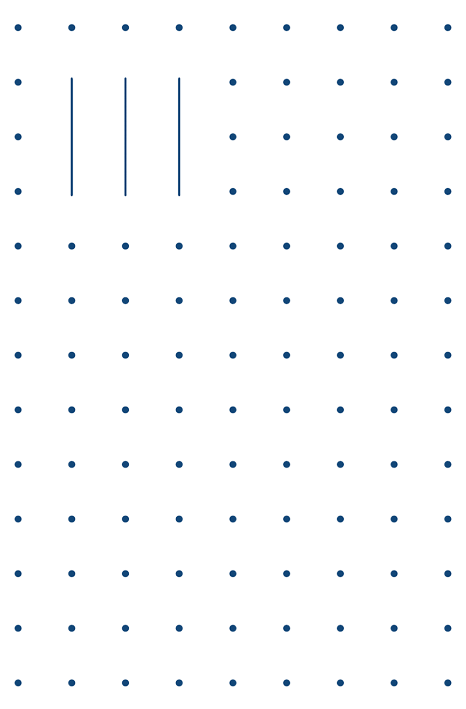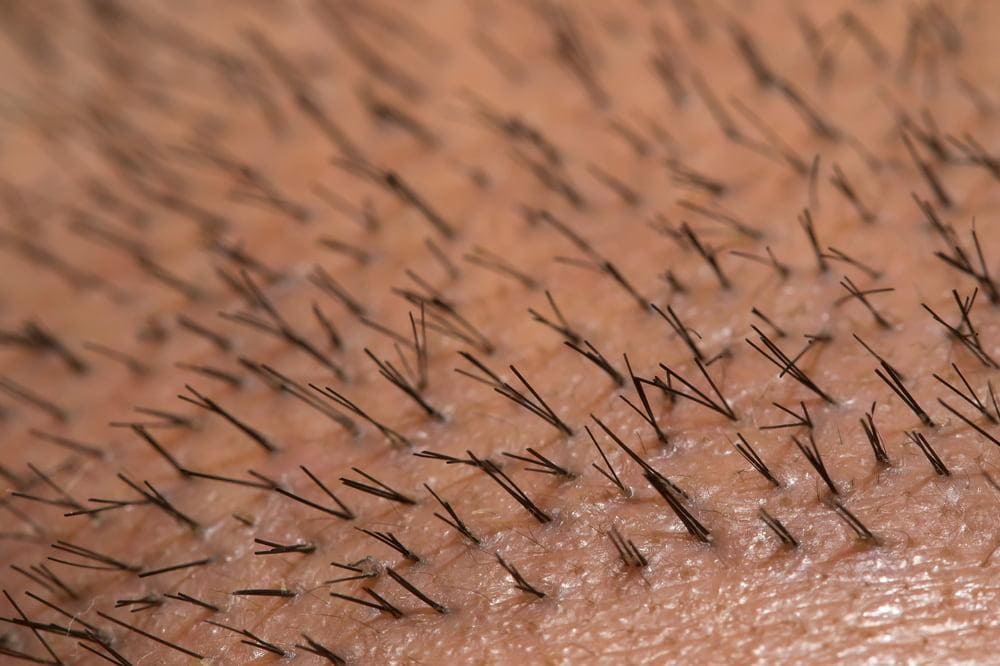
Hair Transplantation for Scarred Scalps: Is It Possible?


Scalp scars can be a significant source of concern, affecting hair growth and one’s self-esteem. Whether the scarring is from a previous surgery, injury, or even a past hair transplant, the question remains: can hair transplantation help?
At Bangkok Hair Clinic, we specialize in advanced hair restoration techniques, particularly FUE (Follicular Unit Extraction), which is renowned for minimal scarring and effective coverage of scarred areas. Let’s explore how hair transplantation can be a viable solution for those with scarred scalps. Learn about the FUE hair transplant procedure and cost from the experts at Bangkok Hair Clinic.
Scalp scars are areas where the skin has healed from an injury or surgical incision. These scars can vary widely in size, shape, and cause, each presenting unique challenges for hair restoration.
But how do scalp scars affect hair growth? Scar tissue differs from normal skin as it lacks hair follicles. This absence means no hair grows from scarred areas, which can create noticeable bald patches that many find aesthetically displeasing.
The primary benefit of a hair transplantation for scarred scalps is cosmetic enhancement. Covering a scar with natural, growing hair can dramatically improve a person’s appearance and, by extension, their self-confidence. Successfully camouflaged scars allow individuals to style their hair freely without worrying about concealment.
Unlike temporary cover-ups like makeup or hairpieces, hair transplantation offers a long-term solution for hair loss due to scarring. The transplanted hair grows just like normal hair, requiring no special maintenance beyond regular hair care practices.
Hair transplantation, particularly using FUE techniques, offers hope for individuals with scarred scalps. This method involves extracting hair follicles from donor areas of the scalp and implanting them into the scar tissue, effectively camouflaging the scar and promoting hair growth.
FUE has become a preferred choice for those looking to address hair loss associated with scarred scalps for several reasons, including:
FUE involves extracting individual hair follicles directly from the donor area using a small punch tool. This method is less invasive than traditional strip harvesting, which involves cutting a strip of skin from the back of the scalp. The less invasive nature of FUE results in minimal trauma to the surrounding tissues.
One of the most significant advantages of FUE is that it does not leave a linear scar like older hair transplantation techniques. FUE involves creating tiny punctures that heal with less noticeable scarring and can be easily concealed under existing hair. FUE offers the best solution for patients with scarred scalps as it minimizes additional visible scarring with subtle post-surgical marks.
FUE allows the surgeon to place hair follicles precisely. This precision is particularly beneficial for scarred areas, where strategic placement can effectively camouflage scars by integrating new follicles into and around the scar tissue. This enhances the overall appearance and ensures the scars blend seamlessly with the surrounding hair.
FUE allows for the extraction of hair follicles from various parts of the scalp—and sometimes even the body—depending on the availability and quality of the donor hair. This flexibility is particularly beneficial for patients whose traditional donor areas (typically the back of the scalp) may also have scarring or limited hair density.
Strategically placing follicles with FUE leads to more natural-looking results. For patients concerned about the aesthetics of scarred areas, FUE can create a more uniform and dense hair appearance, effectively reducing the visibility of scars.
The minimally invasive nature of FUE generally results in a quicker and less painful recovery compared to more invasive procedures. This is important for patients with sensitive or previously scarred scalps, as it reduces the overall stress on the scalp and the risk of complications.

Before proceeding with a hair transplant, it is crucial to assess the quality of the scar tissue. Factors like the flexibility, blood supply, and age of the scar can influence the outcome of the transplant. These determine how well the transplanted follicles will survive and integrate into the scarred area.
Each scar is unique; as such, every treatment must be customized. Bangkok Hair Clinic’s experts analyze every aspect of the scar and the patient’s overall scalp health to devise the most effective treatment plan. This personalized approach ensures that the pattern of transplantation maximizes hair density and aesthetics according to individual scalp conditions, including varied scar presentations.
Bangkok Hair Clinic offers the FUE hair transplant as a compelling solution for those with scarred scalps seeking hair restoration at a reasonable cost. Conducted by experienced doctors specializing in hair transplantation, each FUE procedure is meticulously planned and expertly executed to meet the specific needs and goals of the patient.
Our clinic is equipped with state-of-the-art technology and uses the latest techniques to achieve effective and natural-looking results. After the procedure, patients receive comprehensive care to promote healing. Contact Bangkok Hair Clinic today to schedule your consultation.